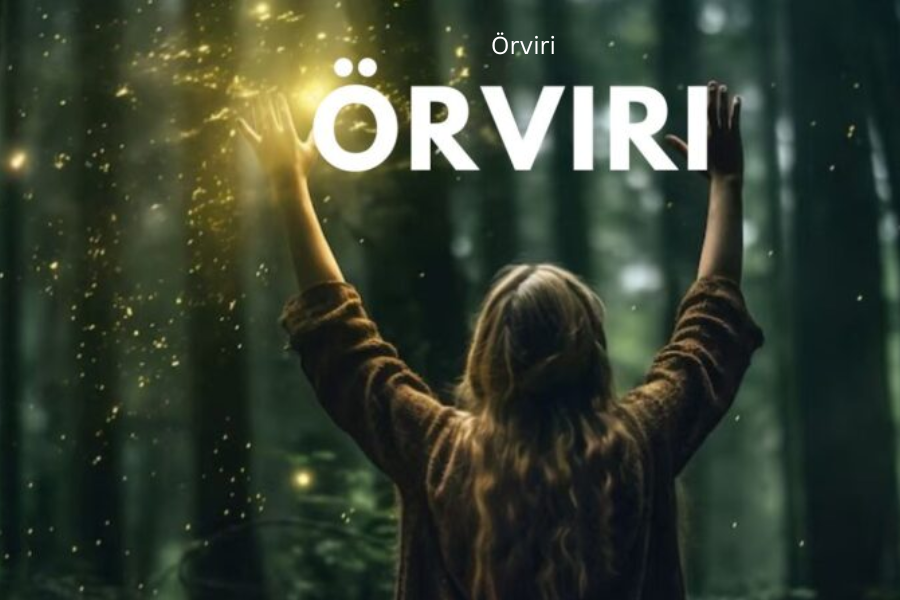Introduction to Örviri
In today’s rapidly evolving world, the significance of understanding various cultural concepts and terminologies is increasingly recognized. One such term that has emerged in discussions across various fields is “örviri.” Though not widely known in mainstream discourse, örviri embodies a unique set of ideas and practices that can illuminate important aspects of cultural interaction, identity, and social cohesion. This article aims to explore the multifaceted nature of örviri, extending its relevance across different spheres of interest.
Defining Örviri
The term örviri is steeped in nuanced meaning, often reflecting elements of tradition, community, and resilience. While the specifics of its definition may vary depending on context, at its core, örviri can be understood as a principle that governs social interactions and cultural exchanges. It emphasizes the importance of understanding one’s roots while engaging with the wider world.
Cultural Context
To fully grasp the essence of örviri, it is essential to appreciate the cultural contexts from which it arises. Traditionally linked to indigenous practices and communal living, örviri encourages individuals to remain connected to their heritage while fostering relationships with broader communities. This duality introduces an interesting dynamic: the interplay between local identity and global interconnectedness.
The Historical Significance of Örviri
Many societies have historically embraced principles similar to örviri as they navigate external influences and internal transformations. In ancient times, community groups relied on shared customs and traditions to establish their identity, often forming a robust network of support and cooperation.
Lessons from the Past
Examining historical case studies reveals how the foundational concepts of örviri have played pivotal roles in numerous civilizations. From rebuilding after conflict to sustaining cultural practices through migration, the principles underlying örviri have provided frameworks for resilience. These historical examples not only enrich our understanding but also serve as valuable lessons for contemporary society.
Örviri in Modern Society
In our current global landscape, the application of örviri has evolved, adapting to the challenges of modernization, globalization, and cultural homogenization. In many contexts, individuals grapple with the balancing act of retaining their cultural identity while embracing new ideas and practices.
The Role of Technology
Technological advancements present both opportunities and challenges for the principles exemplified by örviri. On one hand, the internet and social media allow individuals to connect and share cultural narratives in unprecedented ways. On the other hand, these platforms can also dilute local traditions and create pressures to conform to global standards.
Preserving Local Narratives
In light of these challenges, movements aimed at preserving local cultures are gaining momentum. Initiatives that focus on storytelling, art, and traditional practices are critical in reinforcing the values associated with örviri. These efforts not only protect cultural heritage but also foster a sense of belonging and community among individuals.
Örviri and Social Cohesion
One of the most compelling aspects of örviri is its potential to enhance social cohesion within communities. By encouraging a deeper understanding and appreciation of one another’s backgrounds, örviri can bridge divides and promote collaboration.
Building Inclusive Communities
Communities that embody the principles of örviri are often more inclusive and resilient. As individuals engage with varying cultural expressions and learn from each other’s experiences, they develop a richer understanding of diversity. This inclusive mindset not only fosters unity but also enhances problem-solving capabilities, making communities more adaptable in the face of challenges.
Conclusion
The concept of örviri transcends its roots, offering profound insights into how we can navigate our interconnected world. By embracing the core principles of this term, individuals and communities alike can foster deeper connections, celebrate their cultural identities, and ultimately enhance social cohesion.
As we continue to explore and engage with the complexities of our global society, understanding concepts like örviri becomes increasingly vital. This exploration not only enriches our own lives but also serves to create a more interconnected and compassionate world.
In summary, örviri teaches us the importance of looking both inward—to our roots—and outward—to the world around us. By finding this balance, we can forge meaningful relationships and build a sustainable future that honors our diverse heritages.


